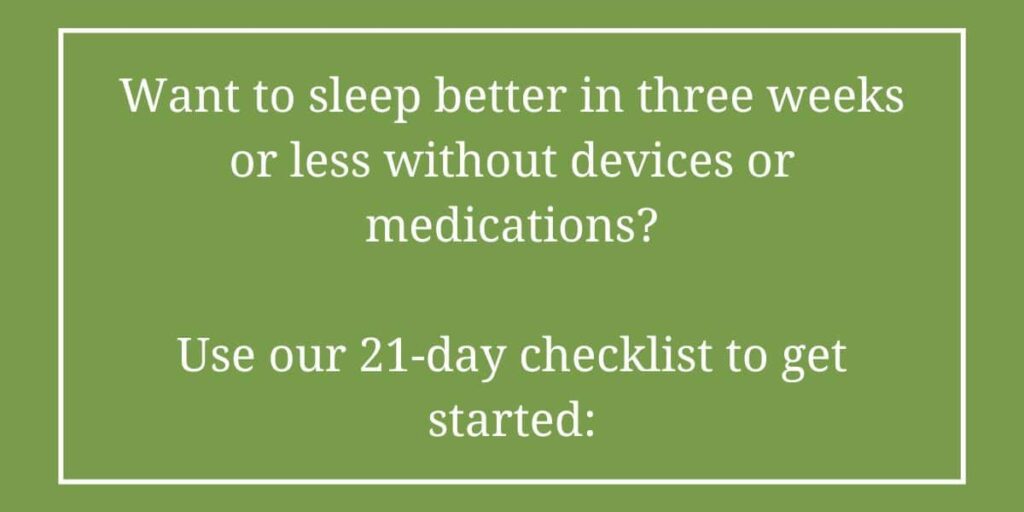Many people twitch in their sleep. Some don’t even know they do it, but chances are their sleeping partners do. Hypnic jerks are involuntary muscle spasms that happen as someone falls asleep. Research suggests between 60-70% of people experience them and there are several theories for why they occur.
But regardless of why, hypnic jerks are occurring in bedrooms everywhere and can disrupt a good night’s rest for those sleeping next to the afflicted. There are a few ways to help reduce your partner’s movements, though, to ensure a better night’s sleep for everyone.
What are hypnic jerks?
The first step to dealing with something is to understand at least the basics of what it is. Hypnic jerks, also known as hypnagogic jerks, are involuntary muscle spasms that occur during the time a person falls asleep. There are many theories about what causes these sleep starts and they are quite common. While they do occur in all types of individuals, those with bad sleep habits become highly susceptible. Hypnic jerks are not considered a sleep disorder and their intensity varies greatly. Some individuals don’t even know they are happening, while others are woken up with a racing heart.
Can they be halted?
There are ways to help stop the jerks from happening. Reducing one’s caffeine and alcohol intake is a great place to start, as both of these consumables have a large effect on the quality of a person’s sleep. Also, if you tend to exercise before bed, try changing up your workout schedule and allowing your muscles to relax before bed. Put on some soothing sounds or perhaps brew a cup of tea, such as chamomile, that aids in sleep. Meditation can also be very helpful. Adding magnesium to your diet has been found to help alleviate the jerks from happening, as it can help with leg cramps as well.

Question your sleep environment
Look at your current sleeping situation. Have you set yourself and your partner up for a peaceful sleep? Ask yourself – are electronics surrounding you and your partner, emitting blue glows and soft noises? Are lights streaming in from windows or other rooms? Do you have comfortable bedding, appropriate pillows and the proper mattress? How is the temperature in the room? All of these factors come into play when designing a quality sleep environment and paying attention to these details will set you and your partner up for a better night’s rest, helping to alleviate the jerks.
A sleep schedule is important
Evaluate your schedule alongside that of your partner. If you put your sleep on a regular schedule, your body can set its internal clock, preparing itself for sleep, resulting in a better night’s rest and, hopefully, less jerks. Also, setting a schedule can help ensure your body gets at least seven hours of sleep, preferably eight, to set you up with the energy you need for the day ahead.
Any sort of sleep disruption can have long-term affects on the mind and body if it occurs habitually. But with a little research, time and energy, you can help change the situation for yourself and your partner.











